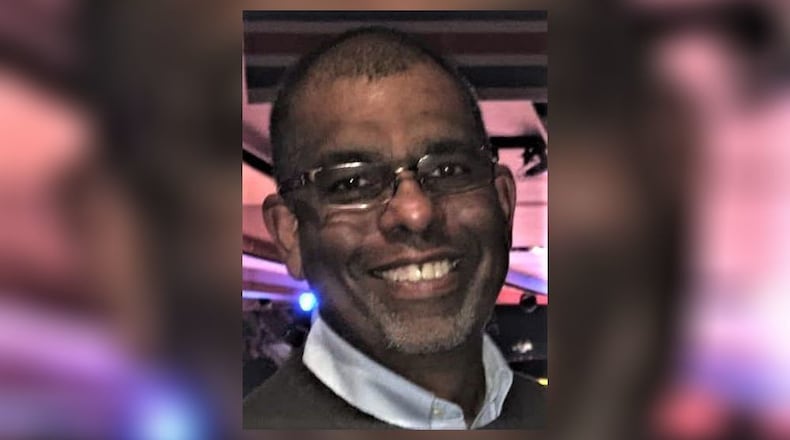It took years of pain and angst before he answered the question.
Steve — not his real name — was born as a woman and now, as an adult, has socially transitioned by referring to himself as a man. He’ll soon start his biological transition, with hormone treatments to deepen his voice and eventually surgery to change his body.
It’s hard to hear a news broadcast without someone targeting transgender people by denigrating their choice to live as they please.
Steve has a simple request: Respect his choice.
“I just happen to use pronouns that don’t match my physical body,” Steve said.
Today’s prejudicial and distasteful culture wars seek to make political points by picking on segments of society outside the mainstream. That’s not unusual.
It took women generations of fighting before securing the right to vote. In the 1920s, society viewed Italians, Germans, and Jews as worthless migrants who should be refused entry into America. In the 1950s and 1960s, many Americans didn’t want to integrate schools or allow interracial marriage. It wasn’t until 2015 that the U.S. Supreme Court ruled it’s OK for people of the same sex to get married.
We’re now into the anti-LGBTQ portion of the culture wars. Polls show most Americans don’t understand why a person would identify with a different gender, use a different set of pronouns, or call themselves non-binary.
Differences make it easy for people to view others with suspicion and hostility.
Steve didn’t want to use his real name because his parents don’t know he’s transitioning. He thinks his mother and father may disown him because they don’t support LGBTQ causes and have spoken derisively about them. The remarks ignore Steve’s inner struggle.
“Being trans is hard,” Steve said. “Every day I wake up, look in the mirror and go, ‘This is not what I want to look like or how I want to sound. I wish my face were a different shape and my body looked different. Being in that kind of turmoil for so long messes with you.”
But he said he’s finally accepted that “I’m not crazy. (Being trans) is something that other people experience. And it’s normal.”
About 1.3 million adults identify as transgender, according to a study by the Williams Institute at the UCLA School of Law.
Of course, a segment of society doesn’t see trans people as individuals but as abnormalities worthy of their ridicule and wrath.
“People are so dismissive, saying things like, ‘Oh, did you assume a gender?’ or, ‘I identify as an attack helicopter.’ That’s discounting years of me sitting and thinking about who I am.”
That’s a good point. We’re dealing with Steve, the person, not Steve, the “thing” that deserves derision because you disagree with his life choices.
That’s how the loudest voices frame the trans debate. They ignore the internal struggles of people like Steve, who look forward to a new life while wondering whether society will accept them.
Steve tries to ignore the noise, but it’s hard. He hears his parents dismiss trans people as “Not in God’s plan.” He sees people trying to impart their value system on him instead of respecting who he has decided to be.
A new legislative session and Presidential race means plenty of people will be looking to brand the Steves of the world to make political points.
Steve has a simple message.
“I just want to live my life. I don’t want to be such a subject of discussion.”
Ray Marcano’s column appears on these pages each Sunday. He can be reached at raymarcanoddn@gmail.com.
About the Author
